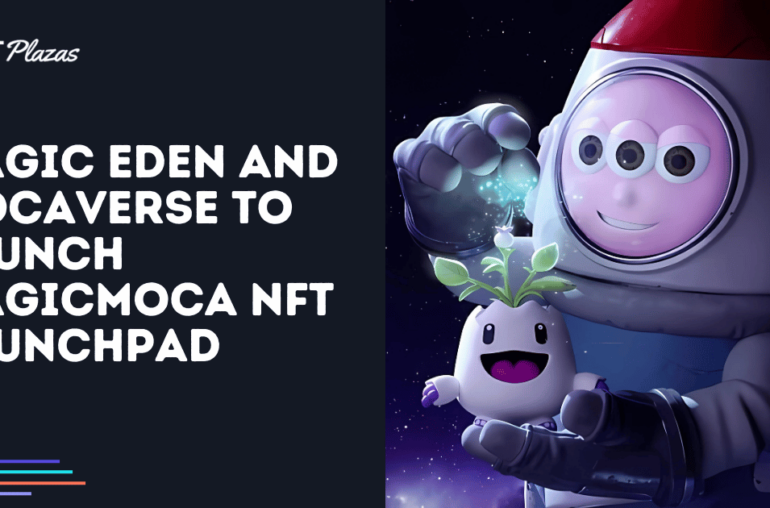Vitalik Buterin, the co-founder of Ethereum, has expressed worries regarding decentralized autonomous organizations (DAOs) exerting a monopoly over the selection of node operators in liquidity staking pools.In a Sept. 30 blog post, Buterin warns that as staking pools adopt the DAO approach for governance over node operators — who are ultimately responsible for the pool’s funds — it can expose them to potential risks from malicious actors.“With the DAO approach, if a single such staking token dominates, that leads to a single, potentially attackable governance gadget controlling a very large portion of all Ethereum validators.”Buterin highlights the liquid staking provider Lido as an example with a DAO that validates node operators. However, he emphasizes that relying on just one layer of protection may prove insufficient:“To the credit of protocols like Lido, they have implemented safeguards against this, but one layer of defense may not be enough,” he noted.ETH staked by category chart. Source: Vitalik Buterin/DuneMeanwhile, he explains that Rocket Pool offers the opportunity for anyone to become a node operator by placing an 8 Ether (ETH) deposit, which, at the time of this publication, is equivalent to approximately $13,406.However, he notes this comes with its risks. “The Rocket Pool approach allows attackers to 51% attack the network, and force users to pay most of the costs,” he stated.On the other hand, Buterin highlights that having a mechanism to ascertain who can act as the underlying node operators is an inevitable necessity:“It can’t be unrestricted, because then attackers would join and amplify their attacks with users’ funds.“Related: Ethereum is about to get crushed by liquid staking tokensButerin further outlines that a possible approach to address this issue involves encouraging ecosystem participants to utilize a variety of liquid staking providers. He clarifies this would decrease the likelihood of any provider becoming excessively large and posing a systemic risk.“In the longer term, however, this is an unstable equilibrium, and there is peril in relying too much on moralistic pressure to solve problems,” he stated.Magazine: Are DAOs overhyped and unworkable? Lessons from the front lines
Source link


